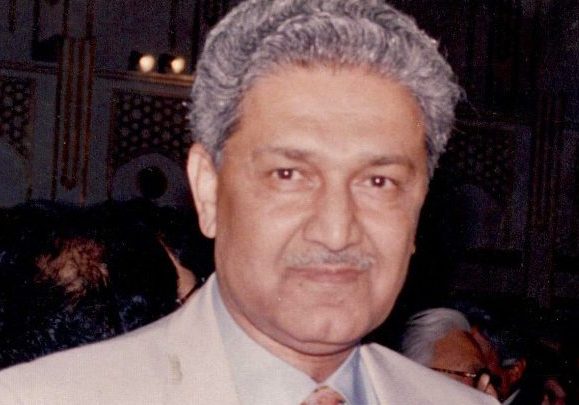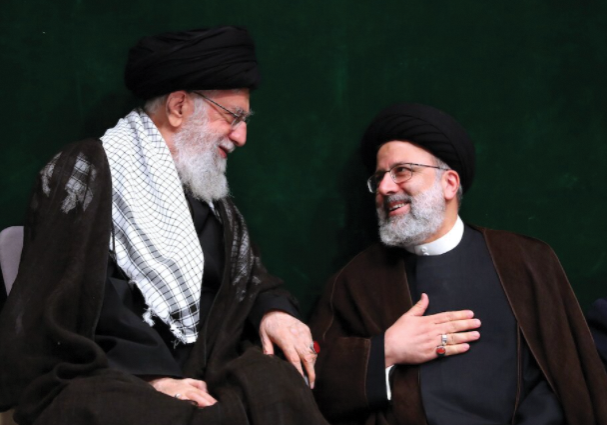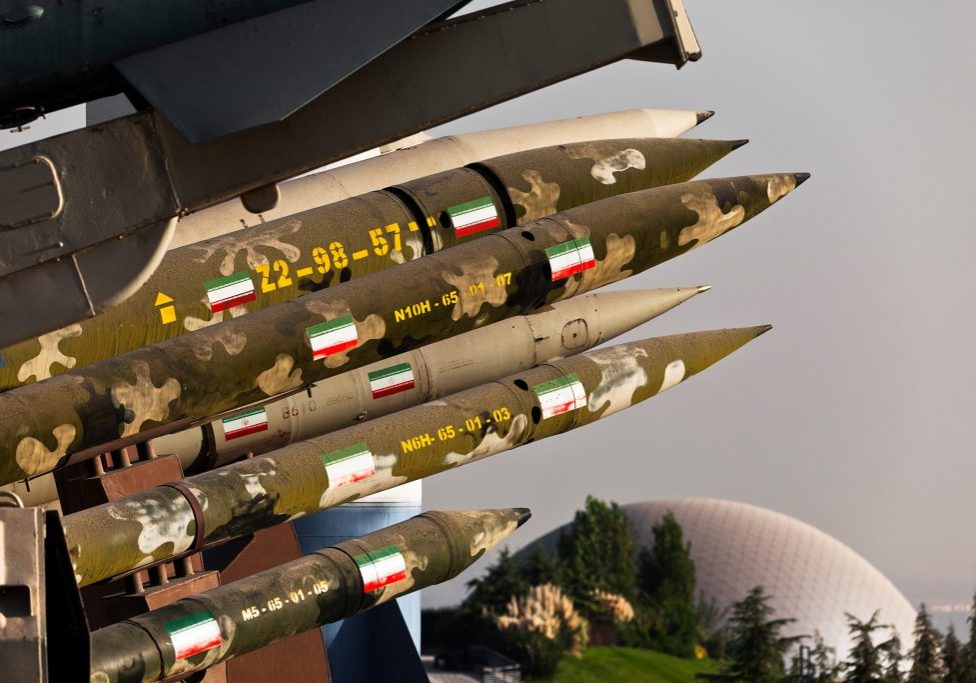Australia/Israel Review
Editorial: The Perils of Unilateralism
Jun 27, 2011 | Colin Rubenstein
Colin Rubenstein
This September, the Palestinian Authority (PA) intends to go to the United Nations to seek support for a unilateral declaration of a sovereign Palestinian state – a move that will intensify rather than end the conflict, setting the entire peace process back by years if not decades.
Having shunned repeated Israeli attempts to negotiate a two-state solution without preconditions over the past two and a half years – including during Israel’s historic settlement freeze in 2009-10 – the Palestinians’ goal in approaching the UN is, as noted historian Benny Morris put it, “to establish a Palestinian Arab state encompassing the West Bank, east Jerusalem and the Gaza Strip, but without recognising Israel or making peace with it.”
Morris adds “once this mini-state is achieved, unfettered by any international obligations like a peace treaty – and having promised nothing in exchange for their statehood – the Palestinians will be free to continue their struggle against Israel, its complete demise being their ultimate target.”
At the outset, it is important to recognise that for a state to be admitted to or formally recognised by the UN, there must first be a UN Security Council resolution to that effect. The United States has already indicated that it will likely put a halt to this endeavour by exercising its veto power, repeatedly declaring that direct negotiations are the only way to achieving a comprehensive and lasting resolution to the conflict – a call that was echoed recently in a statement by the G8 countries.
The Palestinians have indicated that in the face of a UN Security Council veto, they will go directly to the UN General Assembly, where they enjoy an automatic anti-Israel majority. However, the General Assembly cannot admit new members to the UN without a decision of the Security Council.
A successful vote at the UN General Assembly therefore will not materially alter the status quo or help the Palestinians realise their elusive dream of an independent state. This will only be possible through direct negotiations with Israel, where both sides make painful compromises. Moreover, abandoning the negotiation process and unilaterally seeking a UN-imposed resolution will have dire consequences for the Middle East peace process.
First and foremost, such a move would constitute a fundamental breach of the Oslo II agreement, which states that “neither side shall initiate or take steps that will change the status of the West Bank and the Gaza Strip pending the outcome of the Permanent Status negotiations”. The European Union, which was one of the witnesses, has a responsibility to uphold this agreement and not encourage or acquiesce in the Palestinian moves which clearly constitute a material breach of those agreements. If the Palestinians go through with their plan, they will effectively invalidate the entire Oslo framework.
Furthermore, it would also severely undermine previous UN Security Council resolutions, specifically Resolutions 242 and 338, which call for ‘agreement’ and ‘negotiations’ between the parties as a means of establishing a just and durable peace, including ‘secure and recognised boundaries’ for Israel. Both resolutions have formed the backbone of the entire peace process since 1967, including negotiations over some of the most complex issues, including borders, Jerusalem and refugees.
A unilateral declaration also risks undoing many years of cooperation and achievement between Israel and the Palestinian Authority, primarily in the areas of joint security and economic development, which has produced significant gains, principally in the West Bank.
Most worryingly perhaps, a unilateral declaration will provide legitimacy and acceptance for Hamas, who are now being incorporated as fully fledged members of the PA, with effective veto power over policy.
It is no coincidence that in the history of the Arab-Israeli conflict, the only two lasting peace treaties have been between Israel and Egypt and Jordan respectively. Although on both occasions there was involvement by the United States and the international community, ultimately, the peace has been a durable one precisely because the parties themselves negotiated terms agreeable to all sides, and no third party attempted to impose a resolution.
This is the only model that can work between Israel and the Palestinians. The long-standing fantasy of many Palestinian leaders that some outside party – the UN, the EU, the US, the Arab League, world opinion – will someday grant them statehood without the need to strike a deal with Israel is not only a diversion from what needs to be done, but positively destructive of prospects for real peace progress.
However, destructive and undesirable as the Palestinian unilateralist plans are, the remedy is not to bribe them to stop, as some officials and activists seem to be proposing. Abbas has also hinted that he is angling to be offered “incentives” to abandon his push, saying, “If the Americans, the Europeans and Israel don’t want us to go to the UN, they must show me an alternative.” The US Administration has reportedly been pressuring Israel to publicly accept the problematic formula articulated by President Obama in May of “the 1967 lines with land swaps” as the basis for negotiations. Such a prior commitment is now a new Palestinian demand, and the US Administration is reportedly arguing that Israel should agree as a way to head off the unhelpful UN bid.
But this would be rewarding destructive Palestinian behaviour coming on top of the incorporation of an unrepentant Hamas into the PA.
The US Congress has recently indicated that should the Palestinian Authority persist with its unilateralist path to the UN, the US may withhold or limit funding to the PA. This is a potentially more effective response.
The international community must, for the Palestinians’ own good, convey to the Palestinian leadership an unequivocal message – statehood can only be achieved through agreement with Israel, and it is strongly in their own interests to resume negotiations to that end as soon as possible.
Tags: International Security






